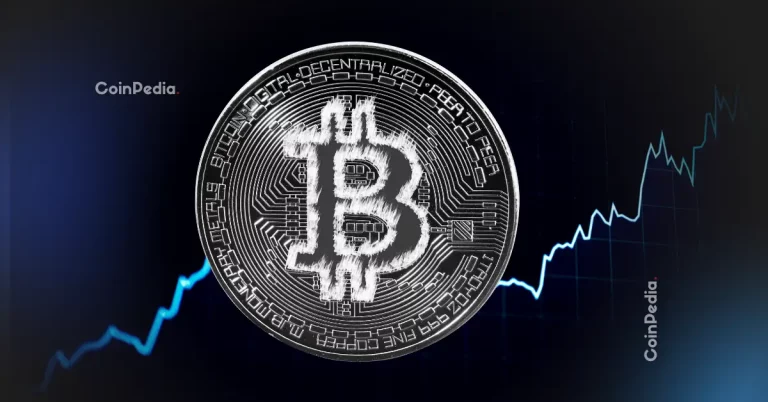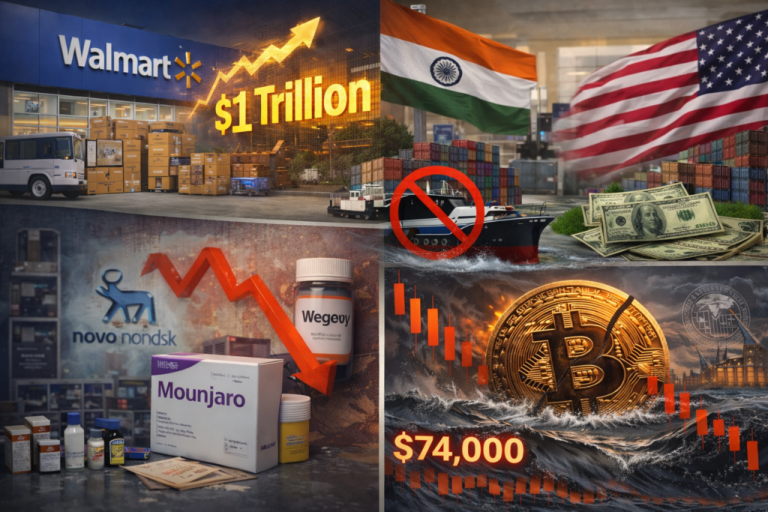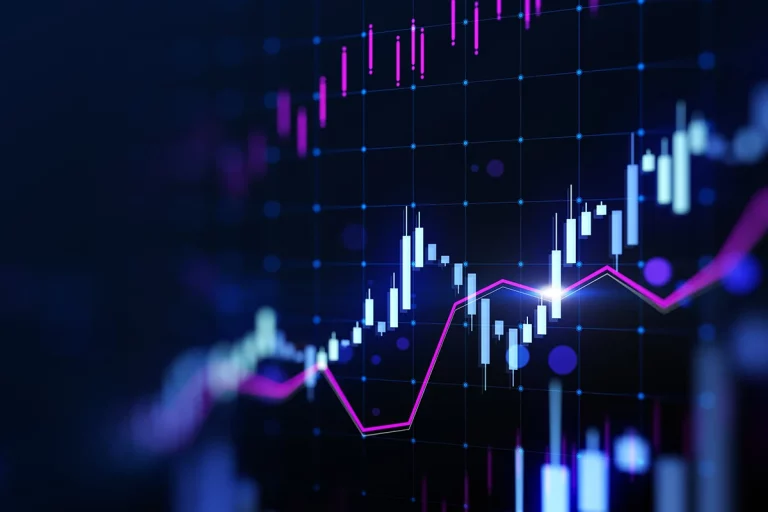
Cultural Shifts and Societal Trends Leading to 2025
Cultural shifts and societal trends are transforming the world at an unprecedented pace. As we approach 2025, it’s essential to understand the key trends that will shape the future. Cultural shifts and societal trends are interconnected and interdependent, influencing each other in complex ways.
Section 1: Demographic Changes

The world’s population is undergoing significant demographic changes. The United Nations estimates that the global population will reach 9.7 billion by 2025, with the majority of growth occurring in urban areas. This shift will lead to increased demand for housing, infrastructure, and services, driving economic growth and innovation.
Furthermore, the aging population in many countries will require significant investments in healthcare and social security. The World Health Organization (WHO) predicts that the global population of people over 60 will reach 2 billion by 2025, posing significant challenges for healthcare systems and social services.
Section 2: Technological Advancements

Technological advancements are driving many of the cultural shifts and societal trends we see today. The rise of artificial intelligence (AI), robotics, and the Internet of Things (IoT) is transforming industries and revolutionizing the way we live and work.
The increasing use of social media and online platforms is also changing the way we communicate and interact with each other. According to a report by Hootsuite, the number of social media users will reach 4.4 billion by 2025, with the average person spending over 2 hours per day on social media.
Section 3: Environmental Concerns

Environmental concerns are becoming increasingly important, with climate change, sustainability, and conservation emerging as key issues. The United Nations’ Sustainable Development Goals (SDGs) aim to address these challenges, with many countries committing to reduce their carbon footprint and transition to renewable energy sources.
The growing awareness of environmental issues is also driving changes in consumer behavior, with many people opting for sustainable products and services. A report by Nielsen found that 75% of millennials are willing to pay more for sustainable products, driving demand for eco-friendly and socially responsible businesses.
Section 4: Economic Shifts
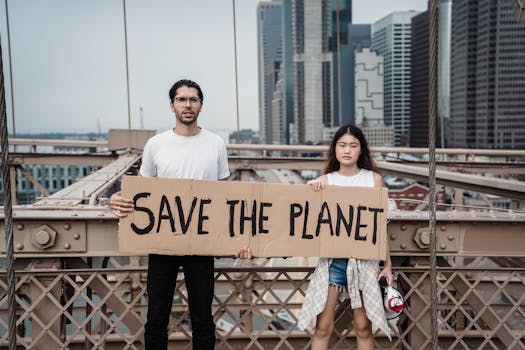
Economic shifts are also underway, with the rise of emerging markets and the increasing importance of trade and globalization. The International Monetary Fund (IMF) predicts that emerging markets will account for over 50% of global GDP by 2025, driving growth and innovation.
The growing middle class in many countries is also driving demand for consumer goods and services, with many companies investing in emerging markets to tap into this growing demand. According to a report by McKinsey, the global middle class will reach 3.2 billion by 2025, with the majority of growth occurring in Asia.
Section 5: Conclusion
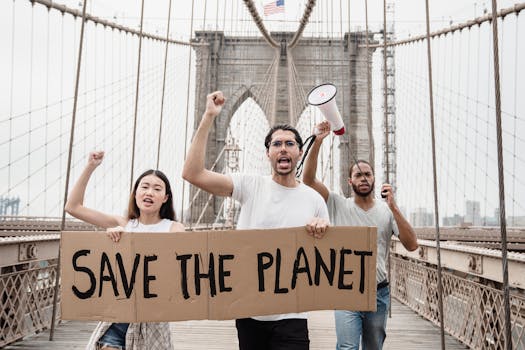
In conclusion, the world is undergoing significant cultural shifts and societal trends that will shape the future. Understanding these trends is essential for businesses, policymakers, and individuals to navigate the challenges and opportunities that lie ahead. By embracing these changes and investing in the future, we can create a more sustainable, equitable, and prosperous world for all.



